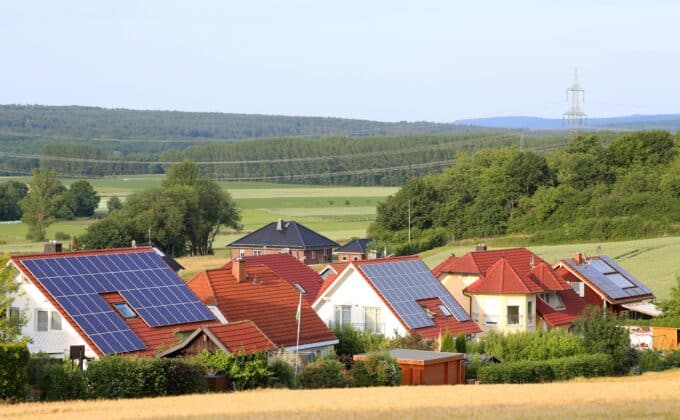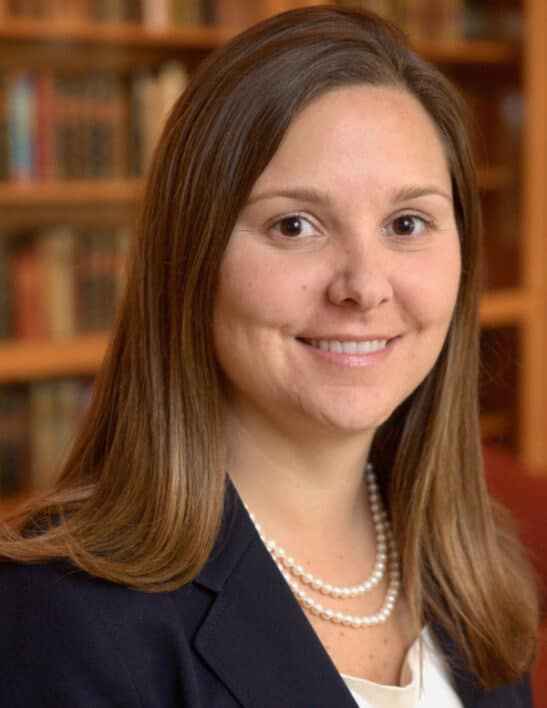Joanna Lewis is Provost’s Distinguished Associate Professor of energy and environment and director of the Science, Technology and International Affairs Program (STIA) at Georgetown University's Edmund A. Walsh School of Foreign Service. She has over two decades of experience working on international climate and clean energy policy with a focus on China. At Georgetown Ms. Lewis runs the Clean Energy and Climate Research Group and leads several dialogues facilitating U.S.- China climate change engagement. Lewis is also a faculty affiliate in the China Energy Group at the U.S. Department of Energy’s Lawrence Berkeley National Laboratory.
Lewis’ new book, Cooperating for the Climate: Learning from International Partnerships in China’s Clean Energy Sector was recently released by MIT Press. She is also the author of the award-winning book Green Innovation in China and was a lead author of the Intergovernmental Panel on Climate Change’s Fifth Assessment Report. Lewis has worked for a number of governmental and non-governmental organizations including the Pew Center on Global Climate Change, the Asia Society and the White House Council on Environmental Quality, and has been a visiting scholar at Tsinghua University, the Woodrow Wilson International Center for Scholars and the East-West Center.
Joanna Lewis holds master’s and doctorate degrees in energy and resources from the University of California, Berkeley and a bachelor’s degree in environmental science and policy from Duke University.
Latest Insights from RAP Experts

探索电气化供暖的需求响应潜力
在“双碳”目标的推动下,建筑供暖的电气化比例将显著提升,热泵的部署也将加速增长。热泵不仅能提供高效的供暖方式,还可以通过需求响应机制为电力系统提供灵活调节能力。对供热方而言,这有助于降低热泵运行成本,拓宽供热企业的收入渠道,从而提升热泵的市场竞争力。对供电方而言,这能保障电力系统的安全稳定运行、减轻电网扩容压力,降低供电成本,并促进可再生能源电力消纳。 本文探讨了大型热泵在中型区域供热系统(如小区、大型建筑)中的应用(业内称之为“分布式热泵”)。文章结合国内外案例,探讨如何挖掘电气化供暖的需求响应潜力,并提出优化电价机制、完善需求侧资源补偿机制、推广储热设备三项策略,以增强电网与供热系统的协同优化,实现保障电力系统稳定运行与减轻供热碳排放的双重目标。 本文缩略版首刊于《中国电力报》,2025年3月24日… Read More +

Was tun mit den Gasnetzen?
In der kommende Jahren soll Deutschland seine Abhängigkeit von fossilem Gas stark reduzieren. Damit einher geht zwangsläufig… Read More +

